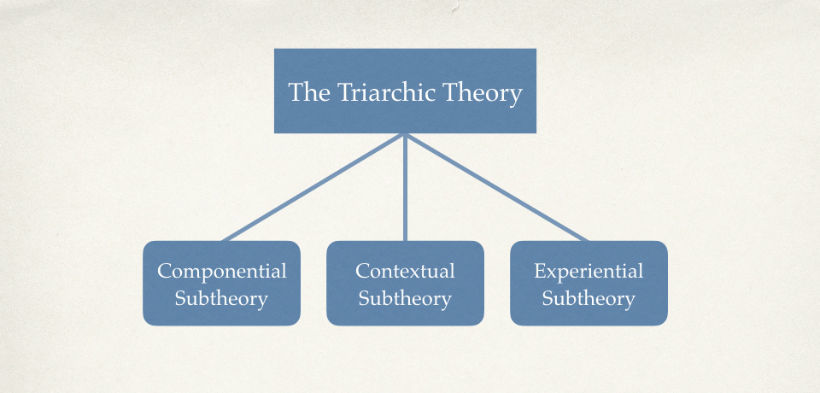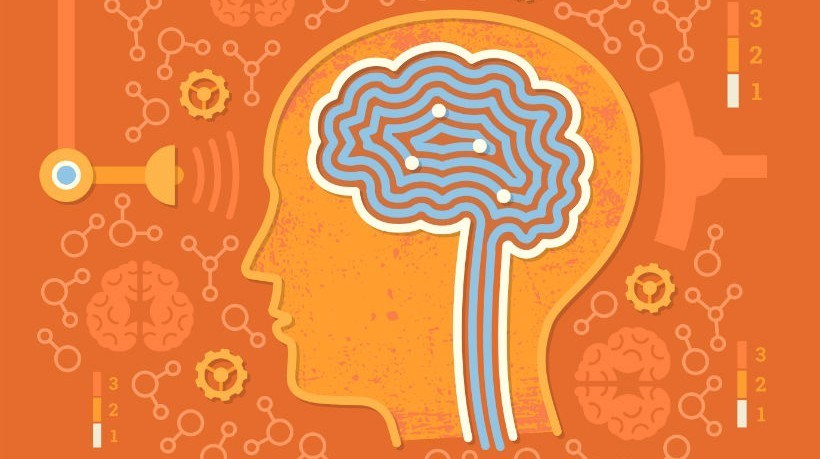June 25, 2016
5 Tips To Apply The Repair Theory In eLearning
Mistakes and experience are two of the most effective teachers. Every error we make brings us one step closer to reaching our true potential, but only if we treat them as opportunities to grow. In this article, I’ll offer 5 tips on how to apply the Repair Theory in eLearning.
by Christopher Pappas











![Transfection (Trans- +[In]Fection) As Teaching: What Molecular Biology Has In Common With eLearning](https://cdn.elearningindustry.com/wp-content/uploads/2016/01/transfection-trans-infection-teaching-molecular-biology-common-elearning-r100-e1453111367997.png)